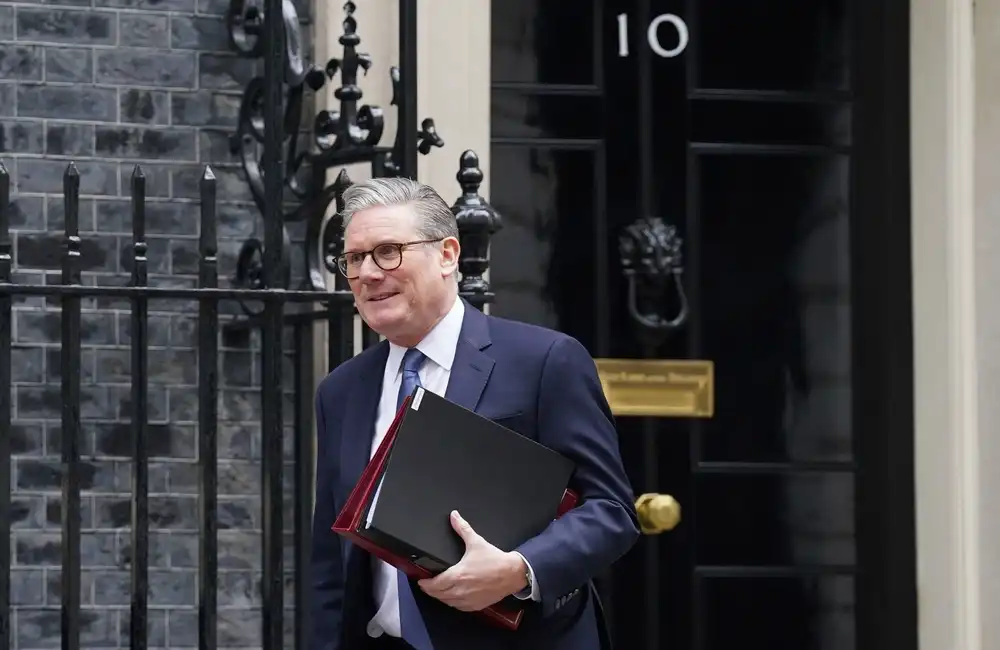Despite facing multiple economic challenges from tariffs, Prime Minister Sir Keir Starmer remains committed to the UK’s existing fiscal regulations.
During today’s press conference, he firmly rejected calls for immediate fiscal relaxation while emphasising long-term economic stability amid rising inflation and tariff uncertainties.
Fiscal Rules Background
UK fiscal rules require public sector net debt to fall as a share of GDP over five years and limit borrowing to productivity-enhancing investments.
These rules enforce discipline and sustainability but are under strain in today’s challenging economic environment.
Reasons for Maintaining Rules
Credibility in Financial Markets
Strict fiscal discipline builds investor trust and helps control borrowing costs.
Inflation Concerns
Starmer warned that relaxing fiscal policy now would exacerbate high price pressures.
Foundation for Growth
He argued the current framework lays the groundwork for sustainable development and resilience against future shocks.
Market Response
Gilt yields dipped slightly, reflecting cautious hope for continued discipline, while the FTSE 100 edged lower on spending-dependent sector nerves.
Political Reactions
Opposition parties and business groups criticised the stance. The Shadow Chancellor said, “Starmer’s refusal to adapt fiscal policy forces businesses and families to bear the burden.”
BCC President Martha Lane warned that fiscal restraint must be balanced with targeted support during economic pressure.
Expert Analysis
Dr Fiona Caldwell of LSE called it “a calculated risk”—fiscal restraint reassures markets but poses short-term growth threats.
Outlook
The government may revisit the rules if shocks like tariff disputes or rising inflation worsen the economy.
Downing Street remains steadfast on fiscal stability, but only time will tell if this strategy endures political and economic headwinds.



















